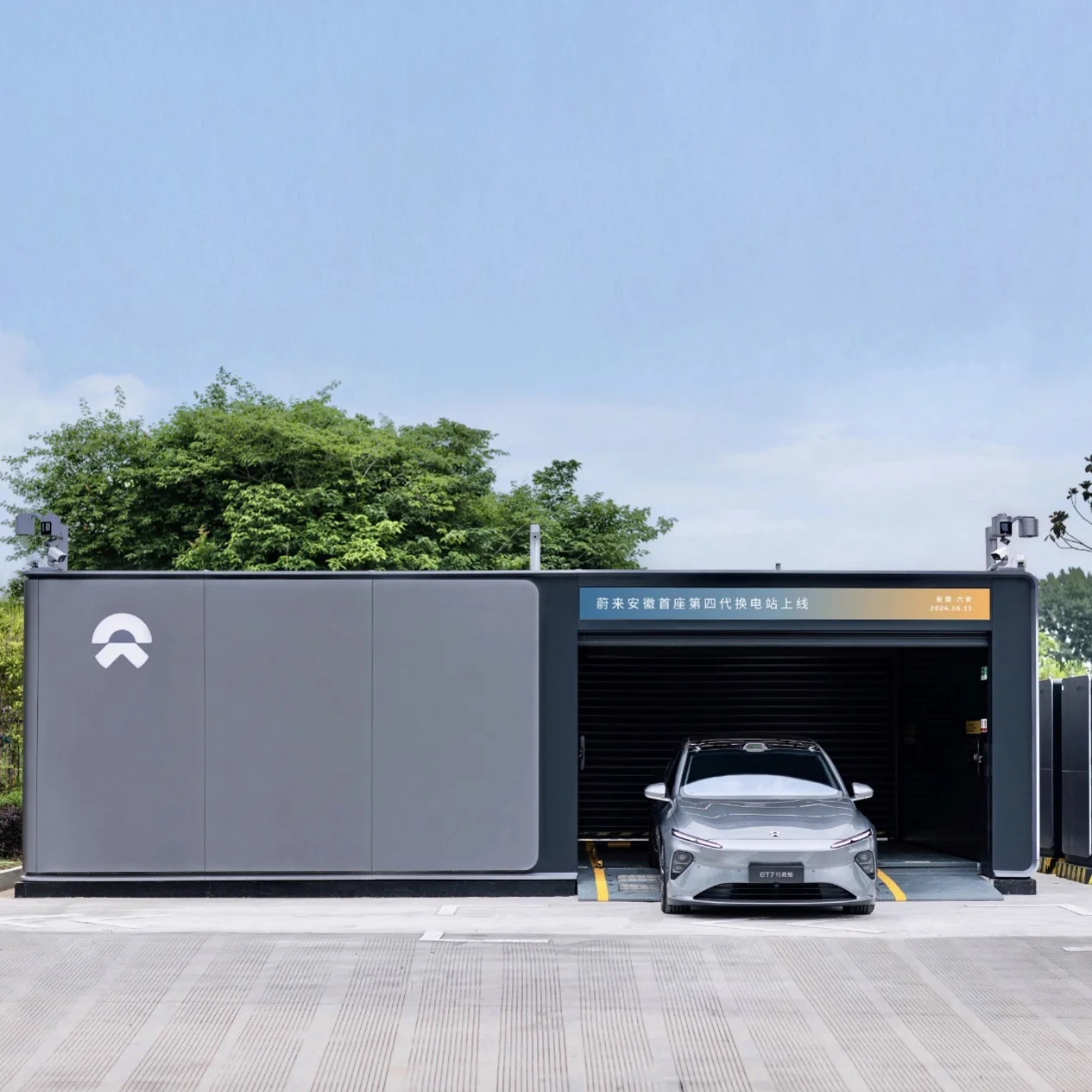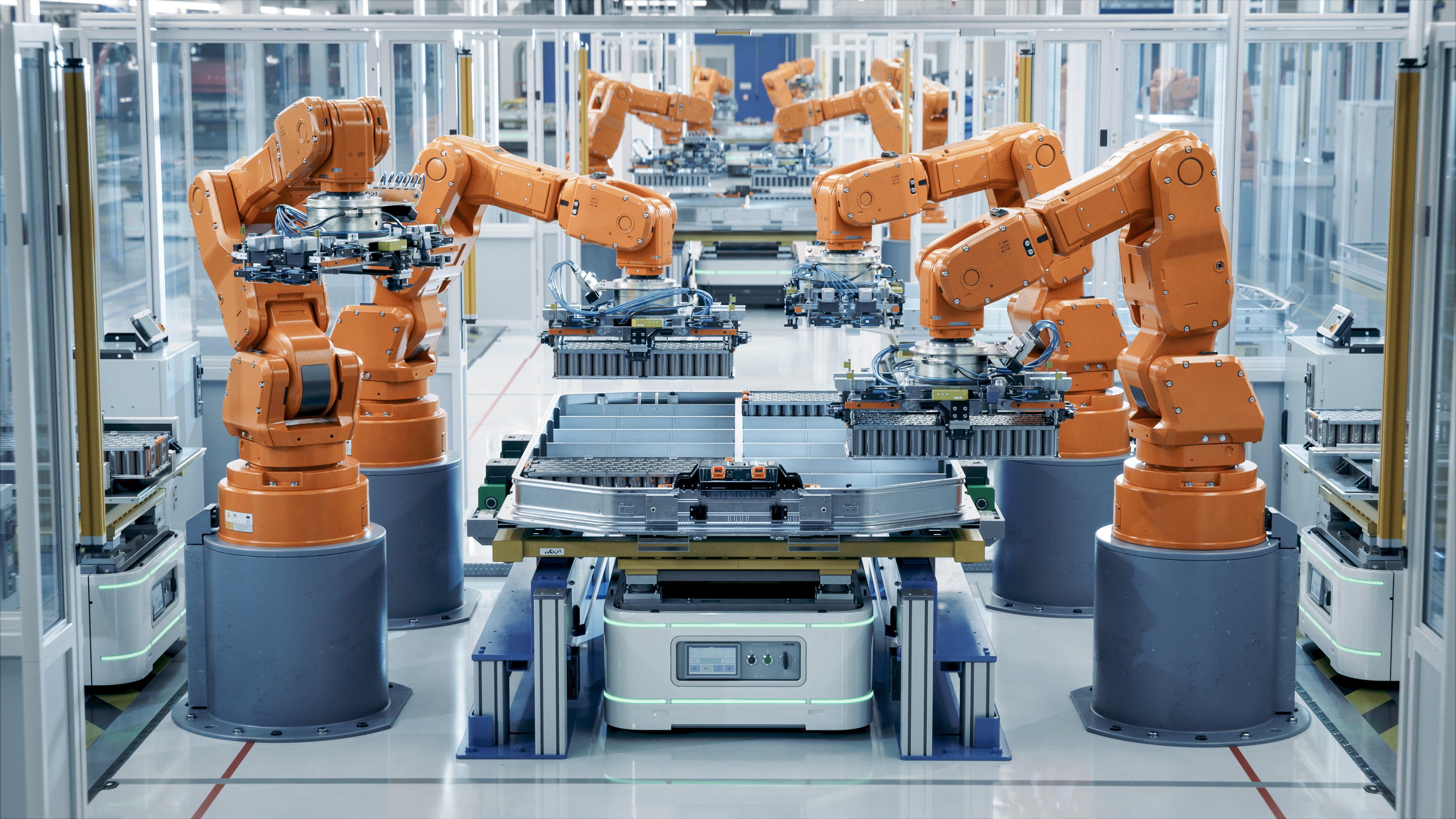Chinese electric-car maker NIO (NIO +0.22%) has seen its shares soar over the past several weeks, thanks to strong fourth-quarter sales and good news about electric-vehicle subsidies from the Chinese government.
But it has a big problem: The company is far from profitability, and it's now perilously low on cash. As of Sept. 30, it said, it had just $274.3 million in cash remaining, down from $1.123 billion at the end of March.
A report last week that the company was close to a deal to get $1 billion in new cash gave the stock a big boost. But that report turned out to be both premature and exaggerated.
What should auto investors make of all this? Let's look closer.

NIO revamped its larger ES8 crossover in October, with a new battery pack that gave it much-improved range. Sales jumped in the fourth quarter. Image source: NIO.
There might be a deal, but it won't be enough
NIO's shares surged 16% last week, after a Chinese business-news outlet reported that the company had secured $1 billion in new financing from Guangzhou-based GAC Group, one of China's major automakers. NIO quickly clarified that discussions with GAC were ongoing and no deal had yet been reached. (That's still true.)
Since then, GAC Group has confirmed that it is in fact considering an investment in NIO, as reported by a Chinese business-news outlet last week. But it said that any investment it makes in NIO won't exceed $150 million, far below the $1 billion that had been reported -- and much less than NIO needs to keep the lights on for longer than a few more months.
That hasn't dissuaded the NIO bulls, though. As I write this, the company's American depositary shares are up over 75% in the past month.
NIO's Q3 results: The raw numbers
NIO is based in China and reports its results in yuan. It also provides U.S. dollar equivalents for key figures in its earnings release, using the exchange rate that was in effect on the last business day of the third quarter, Sept. 30 -- at which time $1 was equal to 7.1477 yuan.
| Metric | Q3 2019 | Q2 2019 | Q3 2018 |
|---|---|---|---|
| Revenue | $257 million | $219.7 million | $214 million |
| Vehicles delivered | 4,799 | 3,553 | 3,268 |
| Gross margin (negative) | (12.1%) | (33.4%) | (7.9%) |
| Operating profit (loss) | $337.1 million | ($469.9 million) | ($409.1 million) |
| Adjusted operating profit (loss) | ($327.2 million) | ($456.5 million) | ($346.2 million) |
| Net income (loss) | ($352.8 million) | ($478.6 million) | ($1.42 billion) |
| Net income (loss) per American depositary share | ($0.35) | ($0.47) | ($1.51) |
Data source: NIO. "Adjusted" figures exclude share-based compensation expenses. "PP" = percentage points.
Where things stand with NIO now
On one hand:
- After a long delay, NIO finally reported its third-quarter 2019 results on Dec. 30, and -- aside from its cash balance -- the numbers were decent. The company lost about 2.5 billion yuan ($352.8 million) in the third quarter, significantly improved from both the second quarter and the year-ago period thanks to stronger vehicle sales and tighter cost controls.
- NIO's December sales numbers were also pretty good. The company delivered 3,170 vehicles in December, down slightly from a year ago but up 25.4% sequentially.
- That December result gave NIO a total of 8,224 deliveries in the fourth quarter, ahead of its own guidance and up 3.1% from its excellent result in the year-ago period.
- Earlier in January, the Chinese government said it won't cut its subsidies for electric-vehicle buyers in 2020. That's bullish for EV sales in China generally, which, as we've seen in other markets, have proved to be price-sensitive.
On the other hand:
- In late December, NIO made it clear that it can't get through 2020 without additional cash.
- Even if GAC puts in $150 million, that isn't enough.
- The deal with GAC is not a sure thing. NIO thought that it had secured financing in October, but the deal fell through at the last minute after the investor became concerned about NIO's ability to survive.
The takeaway for investors
Here's the upshot: If NIO can secure sufficient financing on non-onerous terms -- say $750 million or more -- then its near-term prospects are probably bright, and the stock could go much higher. But that has yet to happen, and it's not a sure thing. Trade carefully.







